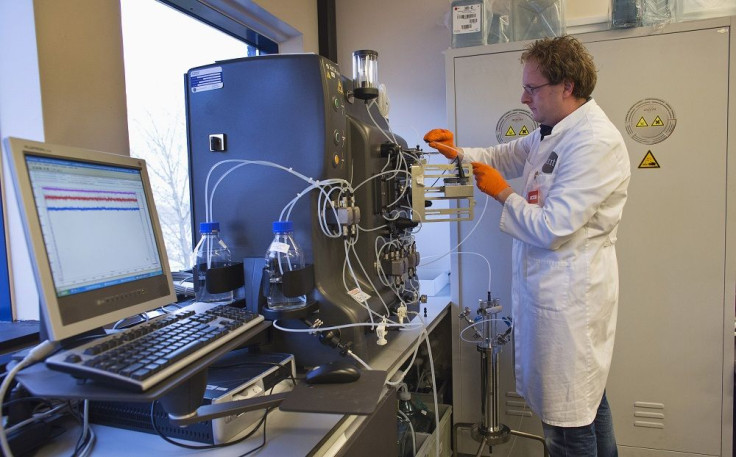Gene Therapy Shows Improvement Of PD Symptoms In Rats

Scientists have developed a gene therapy technique on animals to prevent Parkinson’s disease, according to new science reports. They are hopeful that this new method could be used to treat the disease in humans.
According to researchers from the University of Pittsburgh, they already know that Parkinson’s sufferers have mitochondria, the energy-producing cells in the body, which function poorly. It is also known that α-synuclein, a brain protein, interacts with mitochondria in a negative way; however these areas in medical science have never been studied altogether.
Researchers decided to find out the relationship by studying rats. In the June 15 published study found in the Journal of Clinical Investigation, researchers used a harmless virus to transport a genetic code into the rats’ nerve cells to inhibit α-synuclein production.
What researchers found was that the method was effective in preventing Parkinson’s disease symptoms despite having the rats exposed to rotenone, a pesticide, which affects the function of mitochondria. "Our previous work established that rotenone exposure in rats reproduces many features of Parkinson's disease that we see in humans, including movement problems, Lewy bodies, loss of dopamine neurons and mitochondrial dysfunction," said J. Timothy Greenamyre, in a report from Gen News.
The left side of the rat’s body that received the therapy via the right brain did not stiffen, while the right side of the body did. The experiment also found that the dopamine neurons on the side of the brain that received treatment were shielded from the effects of rotenone resulting to the improvement in symptoms.
On the other hand, rats that did not receive treatment and those that were given a control virus that does not inhibit the production of α-synuclein were found to have developed progressive Parkinson’s. Greenamyre said that they hope to translate this method into human trials soon.
To report problems or leave feedback on this article, email: wendylemeric@gmail.com.





















